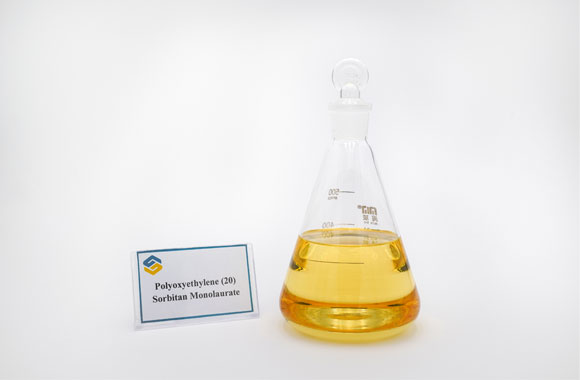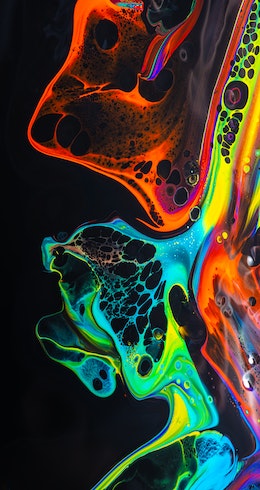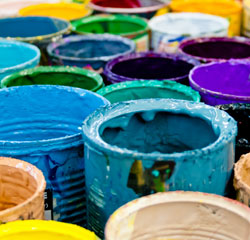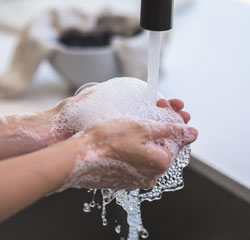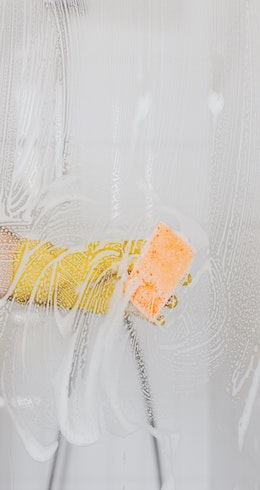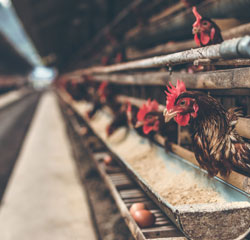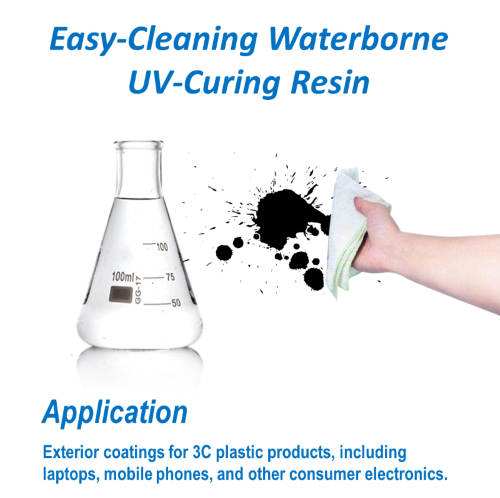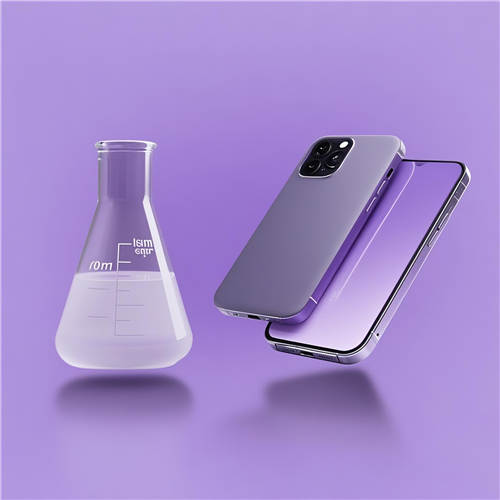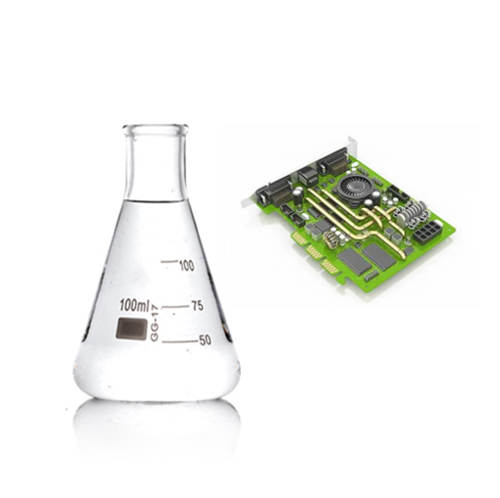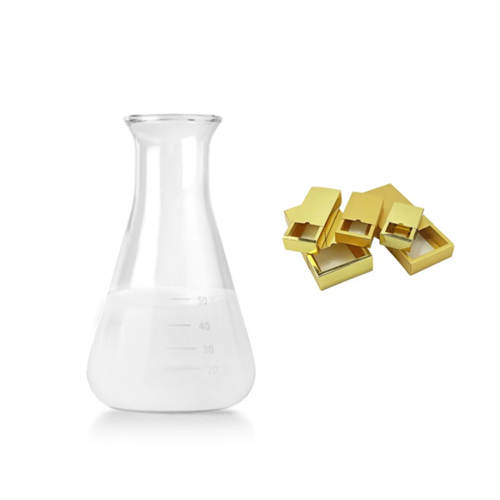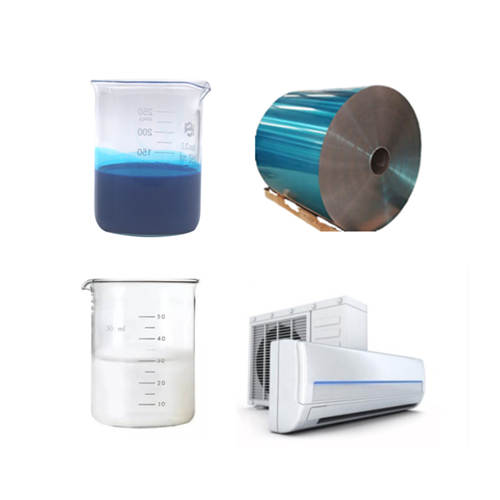Polysorbates
Polyoxyethylene sorbitanesters, also known as polysorbates, are ethoxylated sorbitan esters. They are non-ionic hydrophilic surfactants that are commonly used as oil-in-water (O/W) emulsifier.
Our wide product range of ethoxylated sorbitolcan be utilized for numerous applications, including, but not limited to, acting as emulsifiers, stabilizers, and foaming agents in bread improver and cake oil; stabilize special emulsification in cosmetics; for polysorbate 10with high polysorbate HLBvalues, they can be used as solutizers for essence; and for the ones with low hlb value of polysorbate 20, they act as emulsifiers for mineral oils.Polysorbates are considered to be non-toxic and safe food additives when used appropriately. Our polysorbates are sourced from vegetable/vegan ingredients.
Concocted surfactant mixtures can be made by combining different portions of polysorbate and sorbitan esters, which can be tailored for specific product formulations.
Advantages of Huana's Polysorbates
Great solubilizing ability
compare to other existing surfactants, polysorbates can achieve a better solubilizing effect.
Multi-grades
depending on the specifications of our clients, we can produce different grades of polysorbates, including, food, cosmetic, industrial, pharmaceutical, and feed grade.
Customizable
products and packaging can be customized according to clients' needs
Versatile applications
similar to our sorbitan esters, our polysorbates have multiple functions across a number of industries. For example, they can be used as emulsifiers in food, polysorbate detergents, and industrial formulation; used as a wetting agent, dispersant, viscosity modifier in cosmetics; and can also be used in the textile auxiliary agent and veterinary drugs.
Vegetarian vegan friendly
all of our polysorbates are produced by non-animal sourced ingredients.
Is polysorbate safe?
Similar to sorbitan esters, when ingested, polysorbate is hydrated into fatty acid moiety and polyoxyethylene sorbitan moiety.4 The fatty acids go through absorption and metabolism, whereas the polyoxyethylene sorbitan portions are poorly absorbed and excrete the body intact.4 Acute and long-term oral toxicity studies have shown that polysorbates have a relatively low risk of toxicity.4 The Joint FAO/WHO Expert Committee on Food Additives (JECFA) set a group ADI value 0-25 mg/kg body weight/day for polysorbate 20, 40, 60, 65 and 80. Polysorbates are also shown to have no adverse effects, thus they are considered to be safe food additives. The safety of polysorbates 20, 21, 40, 60, 61, 65, 80, 81, and 85 has been evaluated by The Cosmetic Ingredient Review (CIR) Panel.5 The panel has concluded that these polysorbates are safe as cosmetic ingredients.
What is an oil-in-water (O/W) emulsifier?
When an oil-in-water emulsifier is added to a mixture where water is the main component and oil is minor; it creates an oil-in-water emulsion. The hydrophobic portions of the emulsifiers surround the oil droplets and hydrophilic parts interact with the surrounding water environment; this allows oil droplets to suspend in water.
What is HLB value?
HLB value is the abbreviation for hydrophilic-lipophilic balance, it is the ratio between the hydrophilic portions and lipophilic portion of a surfactant. It is represented by a number between 1 and 20. An HLB value less than 6 indicates that the surfactant favors W/O emulsion; an HLB value greater than 8 favors O/W emulsion. HLB values in between 7 and 9 indicate that the surfactants are good wetting agents.
What is the difference between polysorbates and sorbitan esters?
Polysorbates are ethoxylated sorbitan esters that are made by ethoxylation of sorbitol with different fatty acids. Polysorbates are hydrophilic, whereas sorbitan esters are lipophilic
What are the differences of the range of polysorbates?
The various polysorbates differ by the type of fatty acids and the number of fatty acids attached to the polyoxyethylene sorbitan portions of the molecules. Thus, each of the polysorbates has its own hydrophilicity/lipophilicity property and characteristic.
If you want to know more about list of non ionic surfactant, please visit our website.
Send product request
Other supplier products
| Polysorbate 85 | What is polysorbate 85? Polysorbate 85 isalso known as polyoxyethylene 20 sorbitan trioleate, consists of sorbitol, ethylene oxide, and oleic acid.... | |
| Polysorbate 21 | Polysorbate 21, also known as polyoxyethylene (4) monolaurate consists of sorbitol, ethylene oxide, and lauric acid. It has a molecular formula of ... | |
| Polysorbate 65 | Polysorbate 65, also known as polyoxyethylene 20 sorbitan tristearate, consists of sorbitol, ethylene oxide, and stearic acid. It has a molecular f... | |
| Polysorbate 61 | Polysorbate 61, also known as polyoxyethylene (4) sorbitan monostearate consists of sorbitol, ethylene oxide, and stearic acid. It has a molecular ... | |
| Sorbitan Monostearate | Sorbitan monostearate, also known as sorbitan stearate/SMS, is synthesized by the esterification of sorbitan with stearic acid. It has a molecular ... |
Same products
| Easy-cleaning Silicone-Modified Waterborne UV Resin | Seller: Guangzhou Human New Material Science and Technology Co., Ltd | LUV533 is a high-performance, silicone-modified hexafunctional waterborne UV resinengineered to d... | |
| Water-based Soft-Touch Resin for Consumer Electronics | Seller: Guangzhou Human New Material Science and Technology Co., Ltd | Water-based Soft-Touch Resinis an advanced coating material formulated to deliver a luxurious, ve... | |
| Conformal Coatings | Seller: Guangzhou Human New Material Science and Technology Co., Ltd | The conformal coatingsprovide good adhesion to metal, PCB and other substrates after curing at ro... | |
| Metalized & Laser Transfer coating | Seller: Guangzhou Human New Material Science and Technology Co., Ltd | Metallized and laser transfer coatingsare designed with sustainability in mind, ensuring minimal ... | |
| Hydrophilic coatings for Air Conditioner | Seller: Guangzhou Human New Material Science and Technology Co., Ltd | A water-based coating combination applied on the surface of aluminum foil, which forms a layer wi... |





